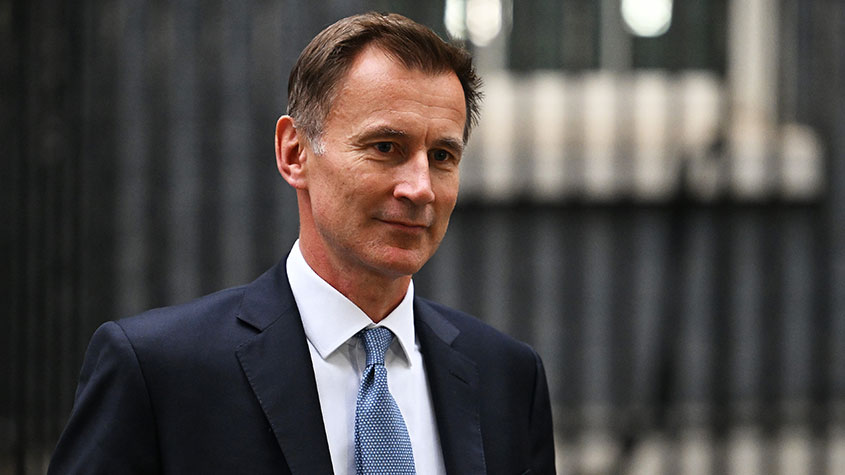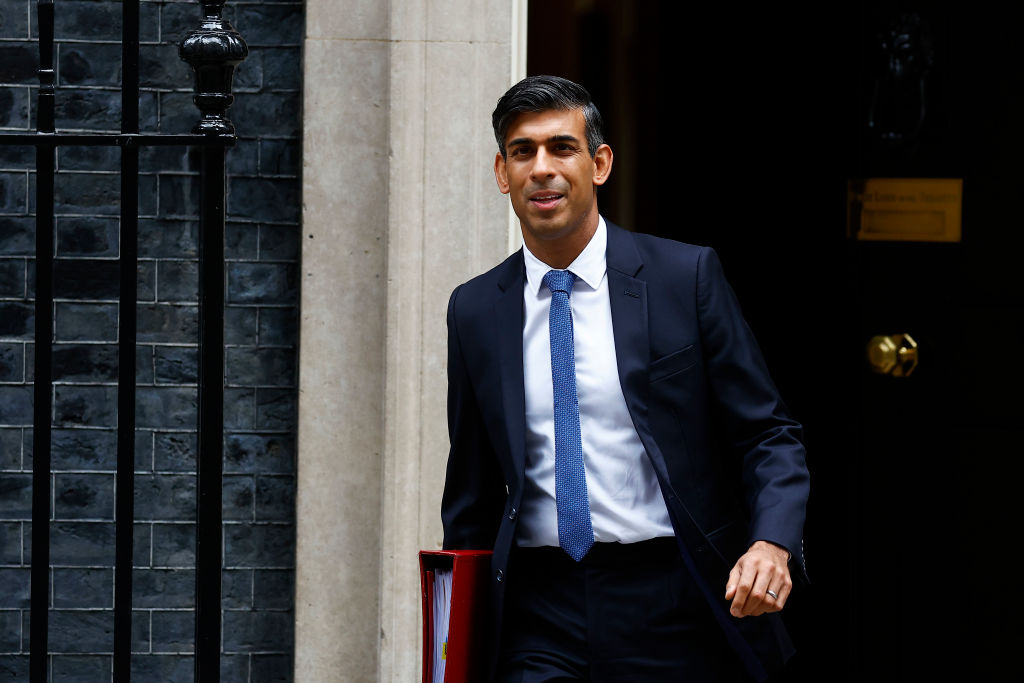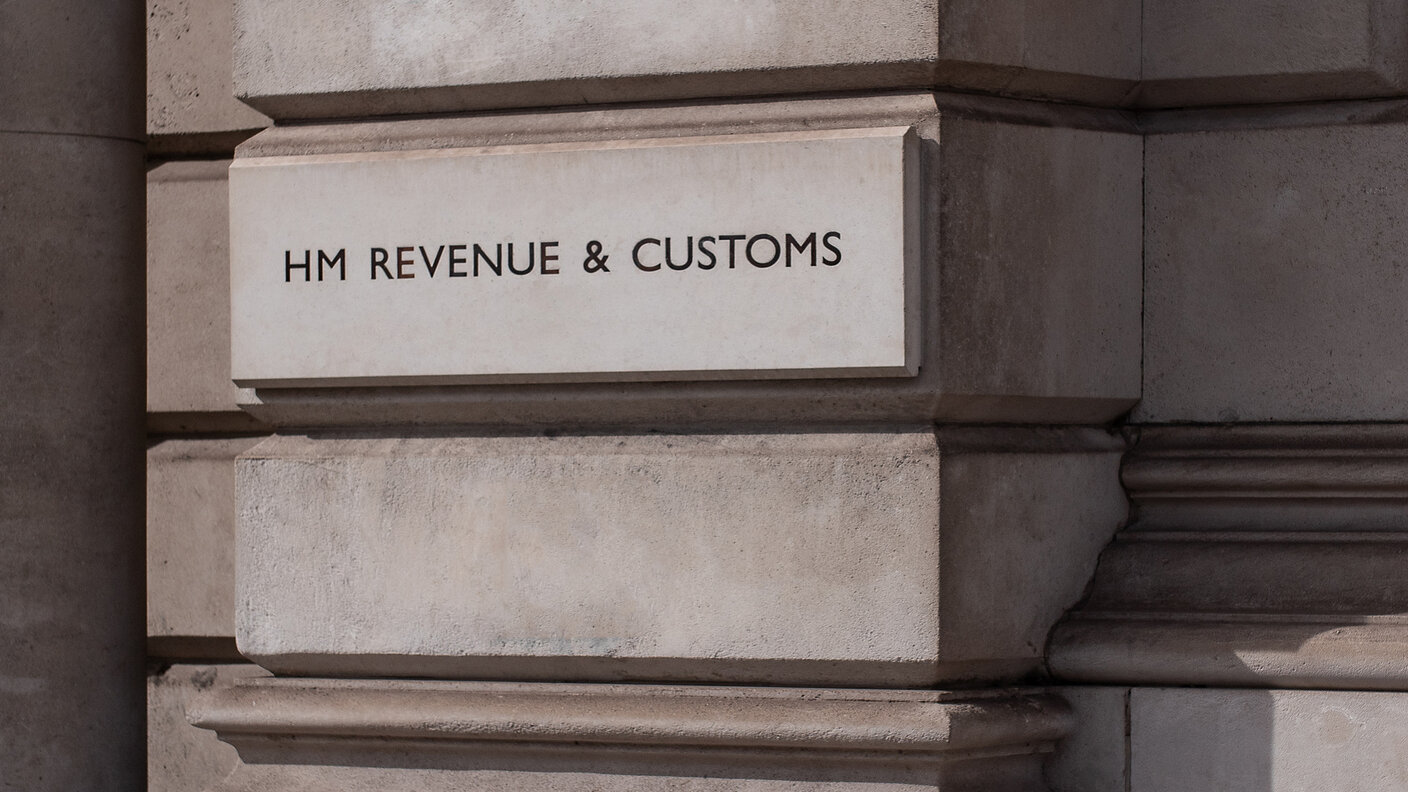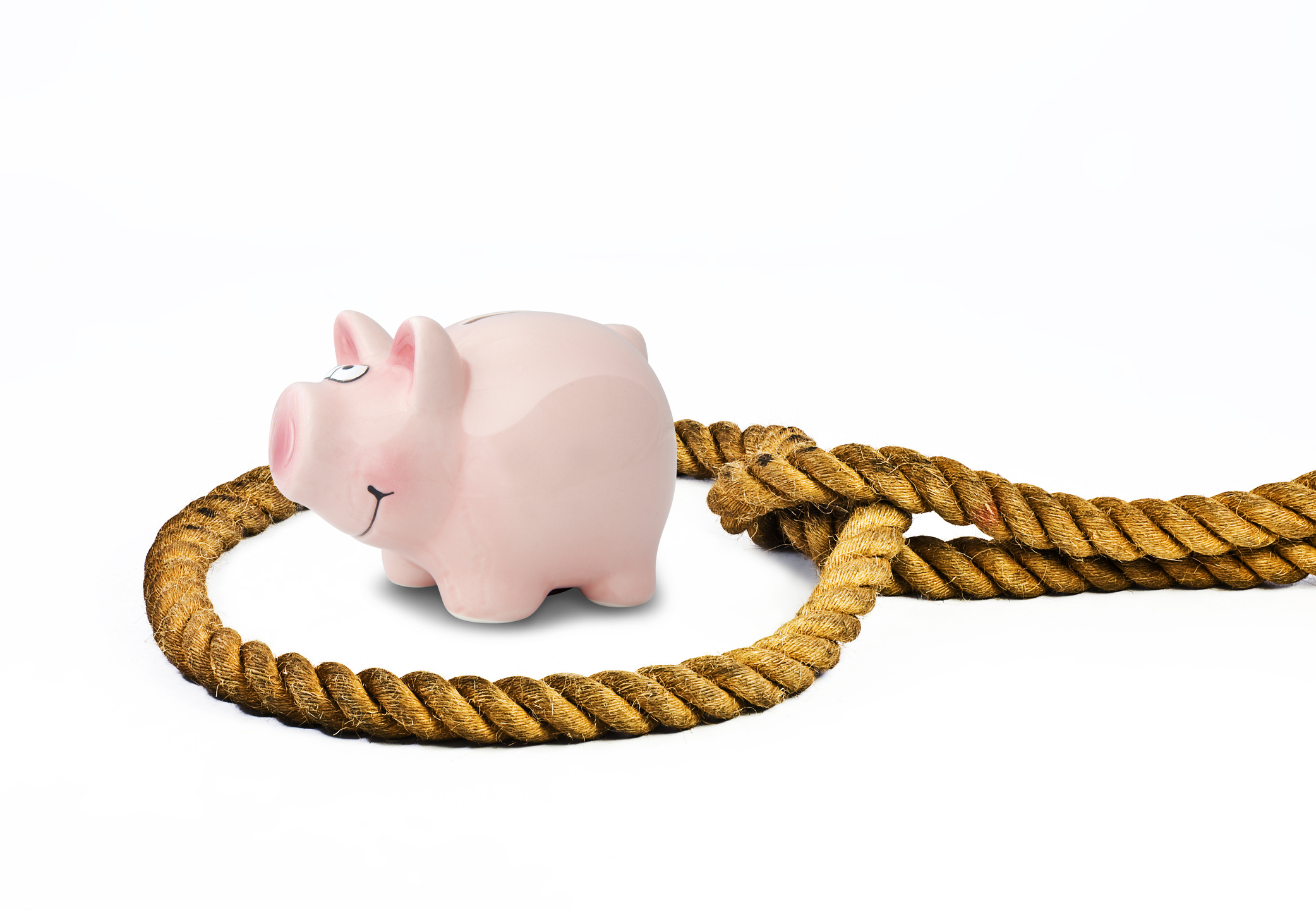Chancellor backtracks on dividend tax cut measures
Jeremy Hunt has reversed the cut to dividend tax announced in Kwasi Kwarteng’s mini-Budget – we explain what it means for investors.


Get the latest financial news, insights and expert analysis from our award-winning MoneyWeek team, to help you understand what really matters when it comes to your finances.
You are now subscribed
Your newsletter sign-up was successful
Want to add more newsletters?

Twice daily
MoneyWeek
Get the latest financial news, insights and expert analysis from our award-winning MoneyWeek team, to help you understand what really matters when it comes to your finances.

Four times a week
Look After My Bills
Sign up to our free money-saving newsletter, filled with the latest news and expert advice to help you find the best tips and deals for managing your bills. Start saving today!
The new chancellor, Jeremy Hunt, has scrapped his predecessor's plans to reduce the tax paid on dividends.
In his mini-Budget at the end of September, Kwasi Kwarteng announced that he would be rolling back Rishi Sunak’s plans to increase the basic rate of tax paid on dividends from 7.5% to 8.75%.
Hunt is going to stick with Sunak’s plans and keep the rate at 8.75%.
MoneyWeek
Subscribe to MoneyWeek today and get your first six magazine issues absolutely FREE

Sign up to Money Morning
Don't miss the latest investment and personal finances news, market analysis, plus money-saving tips with our free twice-daily newsletter
Don't miss the latest investment and personal finances news, market analysis, plus money-saving tips with our free twice-daily newsletter
The basic rate of dividend tax is paid by those investors who receive over £2,000 a year in dividend income.
History of the dividend tax
In 2016, the government announced a major shakeup in the way dividends were taxed. Before the changes, basic-rate taxpayers effectively didn’t have to pay anything on dividend income.
This approach was widely criticised for being unfair as investors could earn as much as £42,000 a year from dividend income without having to pay any tax at all. Higher rate taxpayers had to pay a rate of 25%.
Using this loophole, contractors using limited companies and company directors could pay themselves in dividends and essentially avoid tax altogether, as long as they stayed below the basic rate band of income tax.
That changed at the beginning of the 2016-2017 tax year.
Under the new regime, investors received a £5,000 dividend allowance with tax being due on any income over this amount. The tax-free dividend allowance was then reduced further to £2,000 in 2018, although any dividend income that falls within the personal allowance of £12,570 does not count towards the total. This does not apply to investments held within a Stocks and Shares ISA.
Before Kwarteng’s mini-Budget, the dividend tax rates stood as follows:
| Tax band | Tax rate on dividends over the allowance |
| Basic rate | 8.75% |
| Higher rate | 33.75% |
| Additional rate | 39.35% |
Following the tax cuts announced in the mini-Budget, rates were projected to fall back to last year’s level (1.25% lower across the board).
However, Hunt is going to scrap this change. Dividend tax rates will now remain at the levels in the table.
An easy win for the government
In the grand scheme of things, the dividend tax is not a big revenue generator, but it is a politically charged subject.
The Treasury estimates that keeping the 1.25% uplift will bring in around £1bn a year extra. That compares to the £915bn in total tax recipes in the 2021-2022 tax year.
Nevertheless, in 2019 the TUC and the High Pay Centre reported that just 1% of all taxpayers – those earning over £150,000 a year – pocketed 22% of UK dividend payments.
And there could be further changes to come to the dividend tax rate. Campaigners have long argued that dividend tax rates should be harmonised with income tax rates to narrow the gap between taxes on wealth and employment.
Raising the dividend tax rate to 20% would help narrow this gap, and once again, it could be one way for the government to raise funds without leaning on the average taxpayer. This could be an easy way to raise a couple of billion pounds a year and help the government argue that it’s trying to reduce income inequality.
The UK is already somewhat of an outlier when it comes to dividend taxes. The average dividend tax rate for European OECD countries is just over 23%, more than double the current basic rate here.
Get the latest financial news, insights and expert analysis from our award-winning MoneyWeek team, to help you understand what really matters when it comes to your finances.

Rupert is the former deputy digital editor of MoneyWeek. He's an active investor and has always been fascinated by the world of business and investing. His style has been heavily influenced by US investors Warren Buffett and Philip Carret. He is always looking for high-quality growth opportunities trading at a reasonable price, preferring cash generative businesses with strong balance sheets over blue-sky growth stocks.
Rupert has written for many UK and international publications including the Motley Fool, Gurufocus and ValueWalk, aimed at a range of readers; from the first timers to experienced high-net-worth individuals. Rupert has also founded and managed several businesses, including the New York-based hedge fund newsletter, Hidden Value Stocks. He has written over 20 ebooks and appeared as an expert commentator on the BBC World Service.
-
 How a ‘great view’ from your home can boost its value by 35%
How a ‘great view’ from your home can boost its value by 35%A house that comes with a picturesque backdrop could add tens of thousands of pounds to its asking price – but how does each region compare?
-
 What is a care fees annuity and how much does it cost?
What is a care fees annuity and how much does it cost?How we will be cared for in our later years – and how much we are willing to pay for it – are conversations best had as early as possible. One option to cover the cost is a care fees annuity. We look at the pros and cons.
-
 Is an inheritance tax (IHT) cut on the way?
Is an inheritance tax (IHT) cut on the way?Tax Talk that the government might cut or scrap inheritance tax in its Autumn Statement is rife. We look at how it could be reformed, and what difference it would make.
-
 Government considering cuts to inheritance tax, reports say
Government considering cuts to inheritance tax, reports sayThe Sunday Times reported government officials are considering cuts to inheritance tax ahead of the general election.
-
 Inheritance tax receipts hit £1.2bn
Inheritance tax receipts hit £1.2bnNews More people are being hit by inheritance tax amid rising property prices - and 16m are unaware of whether or not their families could be left to pay a bill when they die.
-
 Cut taxes? No, reform them instead
Cut taxes? No, reform them insteadOpinion The way the state raises money is far too complicated, says Merryn Somerset Webb. Time for a radical revamp.
-
 HMRC launches one week warning for tax credit renewals
HMRC launches one week warning for tax credit renewalsNews Tax credit customers have until 31 July to submit renewals amid a scam warning from HMRC
-
 How to avoid the savings interest tax trap
How to avoid the savings interest tax trapSavers are being urged to look at ways to shelter their cash from the taxman as the tax burden on savings escalates.
-
 Six inheritance tax myths debunked
Six inheritance tax myths debunkedLife’s two certainties — death and taxes — come together to form the confusing world of inheritance tax. Here is everything you need to know about the misunderstood space to help save you money.
-
 Will IHT be cut?
Will IHT be cut?News Sunak could make cuts to Inheritance Tax cuts later this year, reports suggest. We explain what this could mean for you.